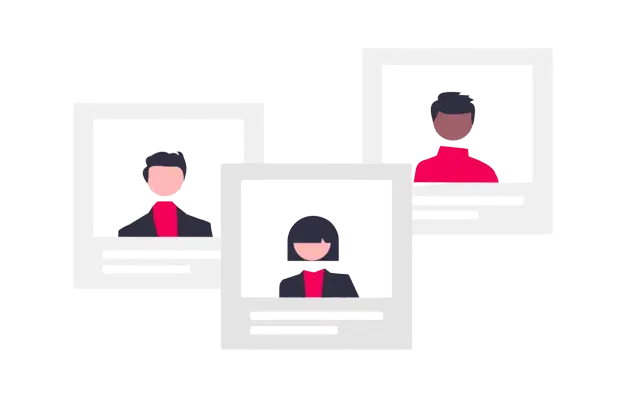1
Malware Dissection and Understanding
Malware dissection involves breaking down malicious software into its individual components to understand how it operates and identify its functionality. This skill is crucial in malware analysis as it allows analysts to uncover the inner workings of malware, identify its capabilities, and develop effective mitigation strategies. Understanding malware involves studying its code, behavior, and communication patterns to determine its impact on systems and networks. By mastering malware dissection and understanding, analysts can effectively detect, analyze, and respond to cyber threats, ultimately strengthening their organization's security posture.
2
Threat Detection and Classification
Threat Detection and Classification is a crucial skill in Malware Analysis as it involves identifying and categorizing various forms of malicious software. This skill helps analysts understand the behavior and impact of different types of threats, allowing them to develop effective strategies for mitigating and responding to cyber attacks. By accurately detecting and classifying malware, analysts can better protect organizations from potential security breaches, data theft, and system vulnerabilities. This skill also helps in creating threat intelligence reports, enhancing overall cybersecurity measures, and ultimately safeguarding sensitive information and assets.
3
Malware Mitigation Strategies
Malware mitigation strategies are essential for preventing and reducing the impact of malware attacks on computer systems. These strategies include implementing strong security measures such as firewalls, antivirus software, and intrusion detection systems to detect and block malware before it can cause harm. Regular software updates and patch management are also crucial for addressing vulnerabilities that may be exploited by malware. By understanding and applying malware mitigation strategies, organizations can improve their overall cybersecurity posture and protect their sensitive data from malicious threats.
4
Forensic Analysis and Traceability
Forensic analysis in malware analysis involves examining digital evidence to determine the source and impact of malicious software. This skill is crucial for understanding how malware operates, identifying potential vulnerabilities, and developing strategies to mitigate future attacks. Traceability is equally important as it involves documenting and tracking all steps taken during the analysis process. This ensures that findings are accurately recorded and can be replicated for further investigation or used as evidence in legal proceedings. Both forensic analysis and traceability are essential skills for cybersecurity professionals to effectively combat malware threats.
5
Analyzing and reverse Engineering malware
Analyzing and reverse engineering malware is a crucial skill in the field of cybersecurity as it allows professionals to understand how malicious software operates, identify its capabilities, and develop effective strategies for detection and mitigation. By dissecting malware code, researchers can uncover its functionality, identify potential vulnerabilities, and develop countermeasures to protect against future attacks. This skill is essential for cybersecurity professionals to stay ahead of evolving threats and effectively combat the ever-changing landscape of cybercrime.
6
Programming Skills
Programming skills are essential in Malware Analysis as they allow analysts to write scripts and tools to automate the analysis process, manipulate and extract data from malware samples, and develop custom solutions to tackle specific challenges. Proficiency in programming languages such as Python, C/C++, and Assembly is crucial for understanding malware behavior, reverse engineering code, and creating effective countermeasures. Strong programming skills enable analysts to efficiently analyze and respond to malware threats, making it a valuable skill in the field of cybersecurity.
7
Understanding Computers and Network
Understanding Computers and Network skills are crucial in Malware Analysis as it helps analysts identify and analyze malicious software effectively. A deep understanding of computer systems and networks enables analysts to recognize patterns, behaviors, and vulnerabilities that can be exploited by malware. This knowledge allows them to investigate and dissect malware, understand its impact on systems, and develop effective countermeasures to mitigate its effects. By honing these skills, analysts can better protect organizations and individuals from cyber threats and ensure the security of their digital assets.
8
Analytical ability
Analytical ability in Malware Analysis refers to the skill of being able to critically analyze and dissect malicious software to understand its behavior, functionality, and potential impact. This skill is crucial in identifying and combating new and complex malware threats, as it allows analysts to uncover hidden malicious code, identify attack vectors, and develop effective strategies for removing and preventing malware infections. Analytical ability also helps in creating accurate malware signatures for detection tools, improving incident response procedures, and enhancing overall cybersecurity defense mechanisms. It is a fundamental skill for any malware analyst to possess in order to effectively protect systems and data from cyber threats.



